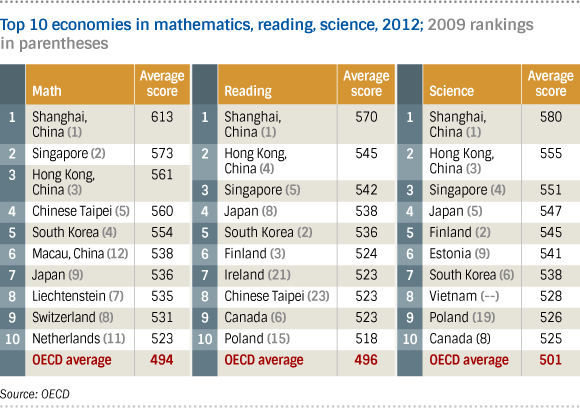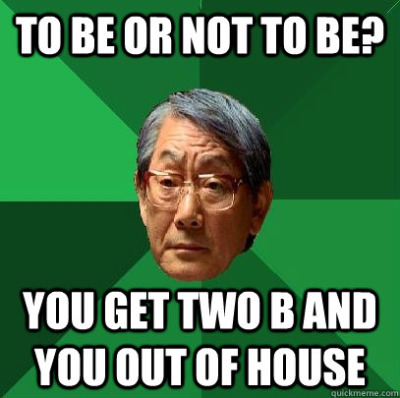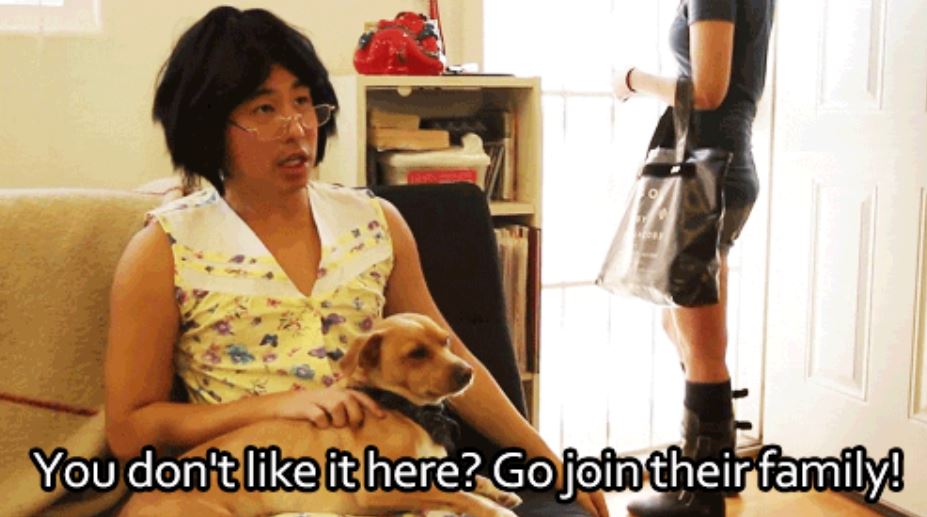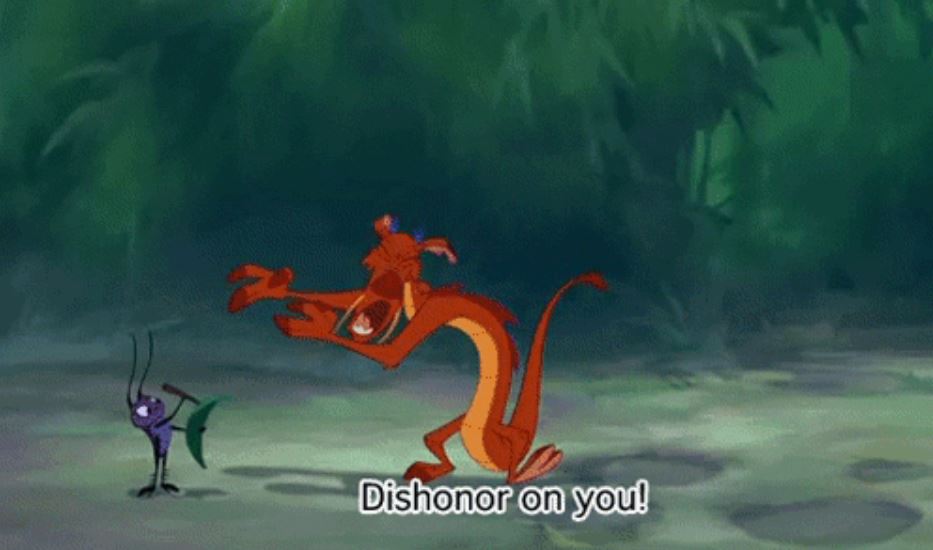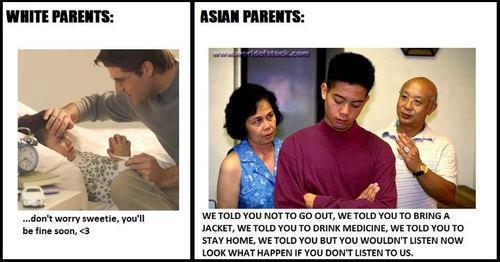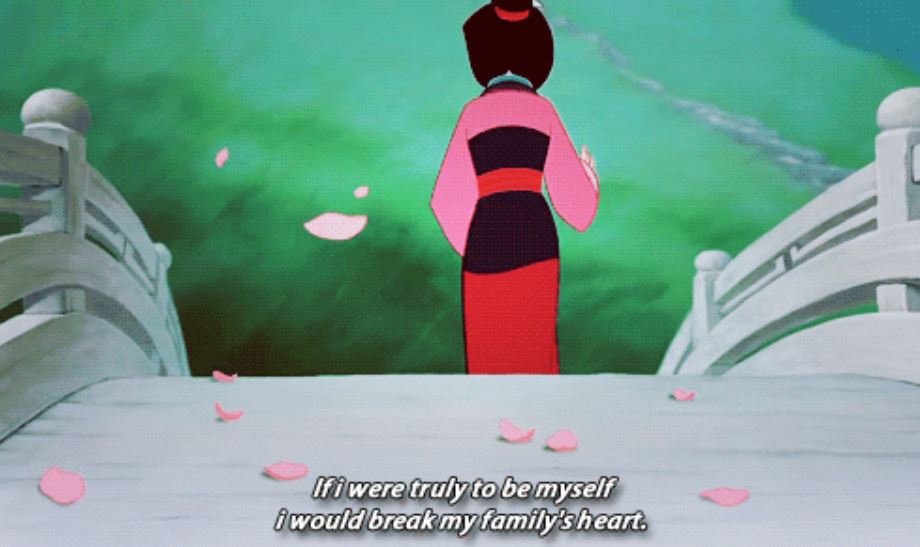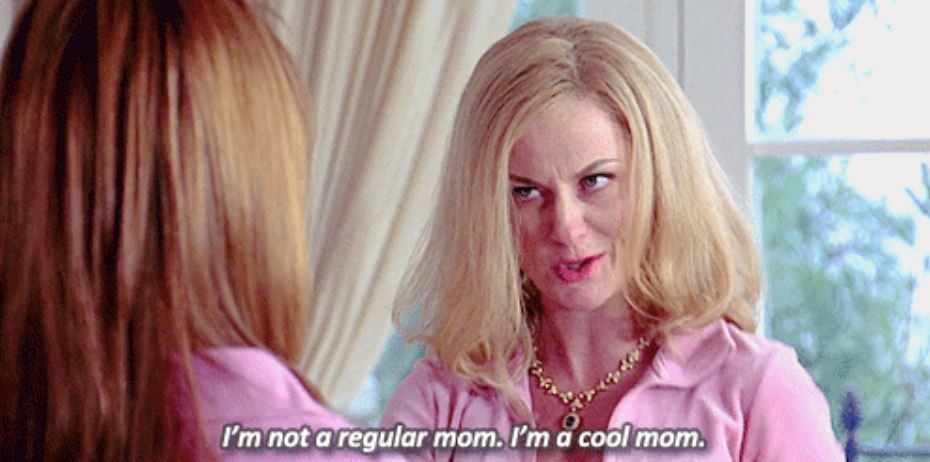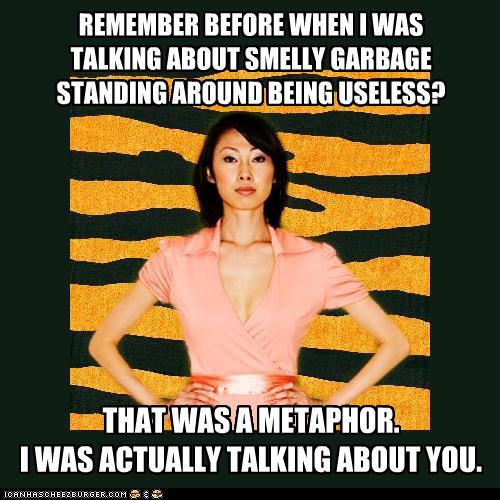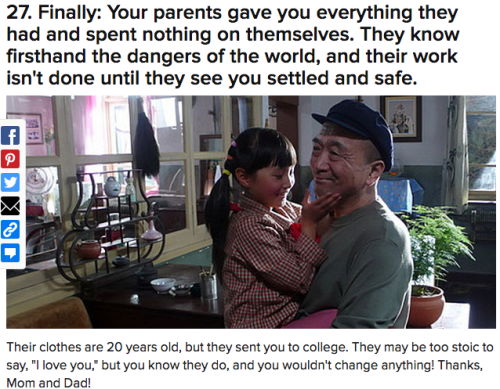The 7 Distinct Merits And Extremes Of Asian Vs Western Parenting And How To Balance Them
Asian Vs. Western parenting style, both come at a cost. In order to provide a better upbringing for the kids, it's time to strike a balance between the two extremes. Here's how.
What do Shanghai, Singapore and Hong Kong have in common?
Well, besides the obvious fact that they're all Asian countries, they were also the top three contenders for the PISA 2012.
The PISA (Programme for International Student Assessment) is a triennial international survey which tests 15-year-old students worldwide in mathematics, science and reading. Out of 65 countries, the results showed a distinct pattern in that Asian countries ranked consistently higher than other countries in the tests.
Why is there such an evident prevalence of Asian countries over Western ones? A big part of it probably comes down to something as simple and essential as parenting style.
Yale law professor Amy Chua, author of the controversial bestseller Battle Hymn of the Tiger Mother is a strong advocate of what she calls Tiger parenting, which stresses on a child's academic achievements and involves arming one’s child with all the necessary skills and credentials for achieving future success.
But it does come at a cost: Statistics shows that children of tiger parents tend to develop more aggression and depression and have poorer social skills. Even more worrying is the fact that Asian-American females have one of the highest rates of suicide in the US.
Does this mean that Western parenting, which is more focused on a child’s self-esteem and individuality, is necessarily better?
Not likely.
Both styles are representative of two extremes, and much depends on each child’s personality and personal drive. Perhaps, the best parenting style is the one which takes the best from both worlds to create a strong balance.
To understand how we can strike the balance, first we need to know what are the differences between the two styles.
1. Academics VS Self-esteem
Asian parents place great emphasis on academic results - anything less than an A and it is dishonor.
A devastated Asian mother normally then proceeds to buy out the entire bookshop’s stock of practice papers and sits through each one with her child until peace is restored in the world (basically getting all the A’s again). This may seem like an exaggeration (probably because it partly is), but Asian parents place a strong emphasis on academics because they believe that it's integral to their children's success in this increasingly competitive world.
Western parents are generally more forgiving when their children don't do as well, and will still offer praise, or may sit their child down for a talk but will studiously avoid making the child feel inadequate - nor will they label their child negatively for their academic results. While this is a good approach, it could lead to the child thinking that doing the bare minimum to get by is alright.
The Balance : It’s important to keep in mind that having high standards for a child is okay. But it’s also important to match expectations with what your child is actually doing, and to remember to strongly emphasise the importance of doing one’s best.
2. Strictness VS Freedom
Asian parents enforce discipline with an iron hand and a rotan in another, expounding the ancient adage of Listen to me! This is for your own good! and not hesitating to rub it in when we don’t listen and they end up actually being right - even for the smallest of things.
Times like these, we keep in mind that tough love is still love, just aimed at cultivating discipline. And more often than not, our parents end up right.
Western parents are more liberal, being softer on their kids when things go wrong, giving their children more of a say and considering their feelings more thoroughly. While this has the benefit of actively creating something of a sanctuary, it can also lead to a child becoming more prone to making mistakes since their parents will always pick up the consequences anyway.
The Balance : Often, playing the blame game is of no point, especially when your kid really needs your support and wisdom. Saying “I told you so!” doesn’t set a very good example for children - it’s more important to discipline them and to make them understand why and where they went wrong, so as to firmly ensure that no mistake goes repeated.
3. Convention VS Individuality
Being a kid to Asian parents makes you realise pretty early on that you have to fit into a certain mould in public. You must respectfully call every single aunt and uncle within vicinity no matter how annoying and nosy and relatively far away they are, and you aren’t supposed to speak your opinion on anything unless you’re asked to, and if you’re a girl you’re additionally expected to be demure and modest.
All these, however, are important practices that are intended to foster an innate respect for elders and authority as well as encourage closeness between family members.
Western parents, on the other hand, encourage individuality and self-expression. Being outspoken is encouraged, and there is less psychological distance created by the age gap between children and adults as a result. This may, however, lead to a lack of respect for parental figures and a risk that a child may overly emphasise their right of self-expression at the cost of being considerate to the feelings of others.
The Balance : Allowing your children the freedom to grow into themselves is in fact very crucial. Qualities like modesty and respect for one’s elders are always relevant, yes - but they aren't tied to a certain personality. So long as your children are respectful and polite, there’s no need to suppress their personalities and their right to express themselves just to appease certain overly-traditional minded people.
4. Orthodox success VS Self-discovery
There are a few jobs traditionally deemed to be ‘successful’ ones to Asian parents: doctor, engineer, lawyer, accountant. Even breathing the phrase ‘liberal arts’ is taboo. A great emphasis is placed on the mastery of mathematics and the sciences, and woe be on any child that ventures too far beyond the road more taken.
It's not that they can't accept unconventional choices at all, but that they want security for their children and worry when they can't see the certainty of a secure life from these choices.
Western parents are generally more accepting of their children’s interests - in fact, there are many liberal arts schools in the US - and they encourage taking gap years and the active pursuit of self-discovery, as contrasted to the typical “What gap gap, don’t waste time!” reactions we would expect from Asian parents.
The Balance : While unconventional choices aren't bad, it's important that they are also pragmatic and realistic ones. In making these choices, parents need to encourage their children to pursue self-discovery so they can discover their talents and passions, especially as they come of age.
5. Respect for authority VS Sticking it to the man
Asian parents generally have an autocratically-inclined way of raising their children, and questioning authority at any time is seen as being disrespectful. Offering our opinion on an issue when we’re being scolded for it means setting ourselves up for a no-fail Don’t talk back to me! retort, and even more scolding.
Part of this is owed to the fact that our culture is very focused on the respect of authority figures, especially where they may perceive themselves as being indirectly responsible for our actions.
While respecting authority is still a priority, some Western parents try to take a different approach by establishing a friendship with their children. This takes them outside of the more authoritative role of ‘mother’ or ‘father’ and can make the child feel like his/her opinions and feelings are more validated. More often than not this can backfire and lead to a lack of proper respect, depending on the individual child.
The Balance : While establishing a relationship with your child so that you can relate to each other effectively is important, a preservation of authority should be maintained without being domineering - be a parent first and a friend second, to put it simply.
6. Shame VS Praise
Ever gotten a torrent of shaming insults when you’ve done something really, really wrong in your Asian parent’s eyes? It’s not uncommon for Asian parents to be verbally harsh - How can you be so stupid? How come you’re so fat? Why are you so useless, can’t you do something in the house? - to the point of bringing you to tears, no matter how old you get, with the use of select phrases.
As cutting as they may be, however, parents are still looking out for our best interests. These incidences are just about the epitome of tough love.
Western parents, on the other hand, are ever conscious of how their words may affect their children, which is why they may sugarcoat by saying something along the lines of You did well, honey, but… When reprimanding, they focus on disapproval and how the child has made them feel ie. I was really disappointed that you didn’t consider… instead of zeroing in on any flaws the child may be showing.
The Balance : The main reason for this polar treatment is, according to Amy Chua, that Asian parents assume strength and not fragility in their children. They assume their kids are strong enough to take such comments and improve as a result. While it’s better to be honest with your children instead of sugarcoating the truth, it’s also probably better to avoid saying anything in a mean way or purely out of your own frustration. Constructive, not destructive, criticism can go a long way.
7. You owe me VS I owe you
The Asian mindset is that children owe their parents everything. Breathe the words “old folks’ home” around them and they will stab you with looks of horrified betrayal. We are expected to make them proud and to care for them as they have for us. We were raised with the Confucian virtue of filial piety, and Asian parents generally expect a lot from their children as a result.
In a culture that doesn't commonly use the words 'I love you', they believe in affection via actions and with all the sacrificing they do for us, it's not totally unreasonable to ask for some affirmation in return.
Western parents, on the other hand, believe that they owe everything to their children in the sense that children didn’t ask to be born, and so they have a responsibility to their kids for bringing them into the world.
The Balance : To talk about relationships in terms of ‘owing’, however, can be detrimental. Can the love between parent and child ever be divided into quantifiable debts? The simple fact is that it can’t - the only duty there is is the one of loving. How one side carries that out shouldn’t be measured in cold cash terms.
While both Western and Asian parenting styles come with their own set of merits, they can also lead to extremes, and every child responds differently. Ultimately, whatever style a person resorts to, it's all in the name of love and wanting the best for their child.
